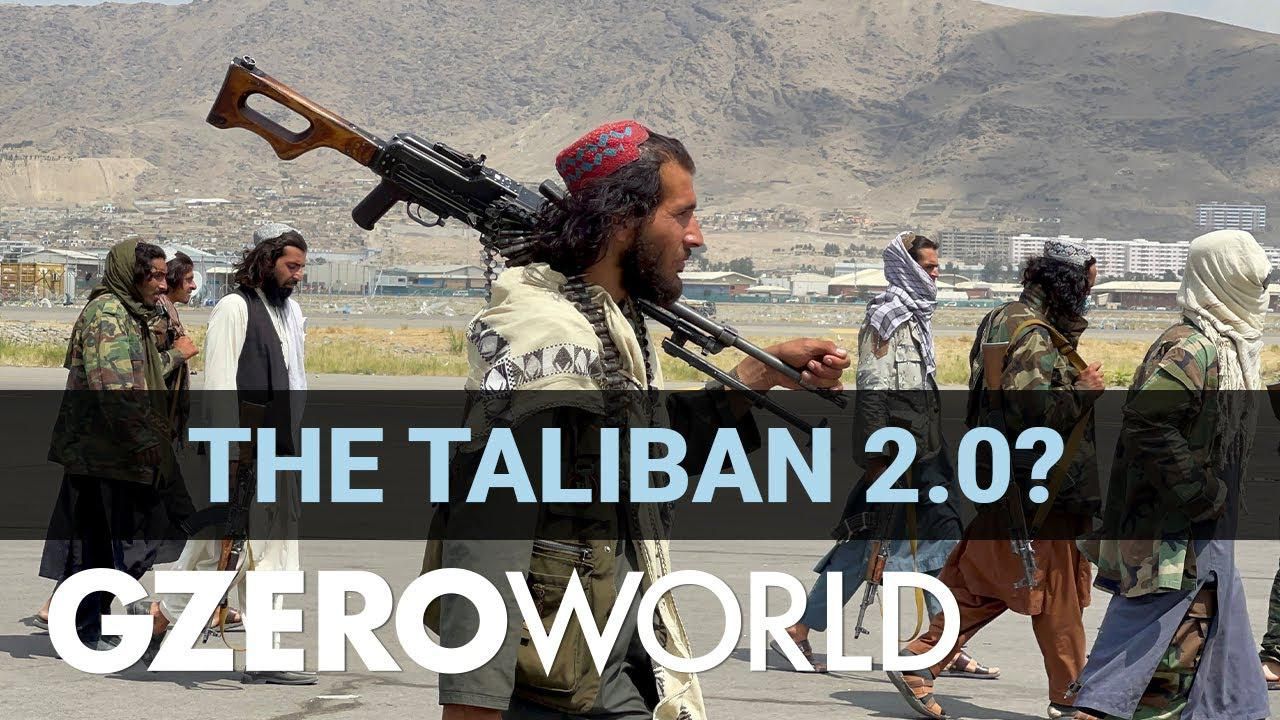GZERO World with Ian Bremmer
Taliban 2.0: Afghanistan on the Brink (US AWOL)

Taliban 2.0: Afghanistan on the Brink (US AWOL) | Journalist Ahmed Rashid | GZERO World

Few people know more about the Taliban than journalist and author Ahmed Rashid, who wrote the book on the group — literally.
In the months after 9/11, his critically acclaimed 2000 study Taliban: Militant Islam, Oil & Fundamentalism in Central Asia became a go-to reference as the US geared up to invade Afghanistan and knock the militant group from power.
Now, twenty years later, with the US out of Afghanistan and the Taliban back in charge, Ian Bremmer sat down with Rashid to learn more about the Taliban today in a GZERO World interview.
How much has the group changed since the days of soccer-stadium executions, television bans, and blowing up world heritage sites? How should the rest of the world deal with them?
Don’t believe the “Taliban 2.0” hype. Rashid says that despite Taliban pledges to moderate their treatment of women, minority groups, and the press, hardliners in the movement are winning out right now. And there’s little chance of the Taliban stamping out other terrorist groups who helped them fight the Americans all these years.
But the deepening humanitarian crisis in Afghanistan means the West has to engage somehow. “It’s important that the West differentiate between recognition, which should not be on the cards for the time being,” he says ”and preventing millions of Afghans from starving to death.” For Rashid that means global donors should step up with money for humanitarian and food relief measures administered through the UN.
If not, a huge new refugee crisis could be brewing. And the timing couldn’t be worse. Afghanistan’s neighbors like Pakistan and Iran are ill-equipped to handle fresh migrant flows, Rashid says, and more distant destinations like the EU are politically hostile to refugees these days.
The US isn’t only gone, it’s AWOL. Amid all of this, Rashid warns, the US doesn’t seem to have a strategy.
In this Quick Take, Ian Bremmer addresses the killing of Alex Pretti at a protest in Minneapolis, calling it “a tipping point” in America’s increasingly volatile politics.
Who decides the boundaries for artificial intelligence, and how do governments ensure public trust? Speaking at the 2026 World Economic Forum in Davos, Arancha González Laya, Dean of the Paris School of International Affairs and former Foreign Minister of Spain, emphasized the importance of clear regulations to maintain trust in technology.
Will AI change the balance of power in the world? At the 2026 World Economic Forum in Davos, Ian Bremmer addresses how artificial intelligence could redefine global politics, human behavior, and societal stability.
Ian Bremmer sits down with Finland’s President Alexander Stubb and the IMF’s Kristalina Georgieva on the sidelines of the World Economic Forum to discuss President Trump’s Greenland threats, the state of the global economy, and the future of the transatlantic relationship.